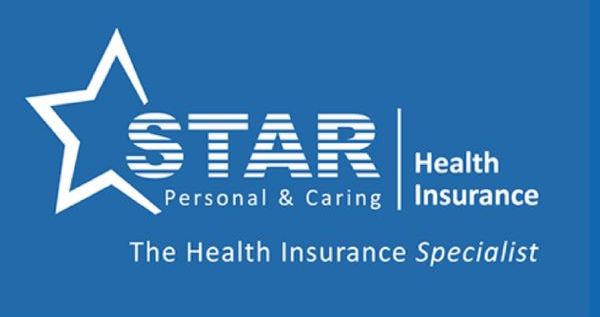by Team Small News | Jan 29, 2026 | Care, Insurance
As federal healthcare subsidies are set to expire, state and city efforts are underway to lower insurance costs for individuals and families. The American Rescue Plan Act (ARPA) provided temporary subsidies to make health insurance more affordable, but these subsidies... by Team Small News | Jan 29, 2026 | Care, Insurance
A father-daughter medical practice in Honolulu is revolutionizing the way they provide healthcare by cutting out the middle man – health insurance companies. Dr. Curtis Takemoto-Gentile and his daughter Dr. Krishanna Takemoto-Gentile have adopted a direct... by Team Small News | Jan 28, 2026 | Care, Insurance
The high cost of health insurance and healthcare is a significant burden for millions of Americans, making it difficult for them to afford necessary care for themselves and their families. The expiration of enhanced advance premium tax credits (APTCs) in December has... by Team Small News | Jan 28, 2026 | Care, Insurance
U.S. Senator Tina Smith (D-MN) and Senator Jacky Rosen (D-NV) have introduced a bill to extend enhanced health care tax credits, which were established under the American Rescue Plan Act (ARPA). The enhanced credits, set to expire at the end of 2022, have made health...

by Team Small News | Jan 28, 2026 | Aditya Birla, Care, ICICI Lombard, Insurance, Star Health and Allied Insurance
The Indian government’s decision to reduce the Goods and Services Tax (GST) on health insurance premiums from 18% to 0% has had an unintended consequence on the insurance industry. Insurers are now imposing an 18% GST on commissions paid to agents and... by Team Small News | Jan 27, 2026 | Care, Insurance
The UK’s private medical insurance (PMI) market is experiencing a surge in claims, particularly for diagnostic tests and scans, as people seek to avoid lengthy NHS waiting lists. According to data from Howden, diagnostic tests and scans are the most common...
